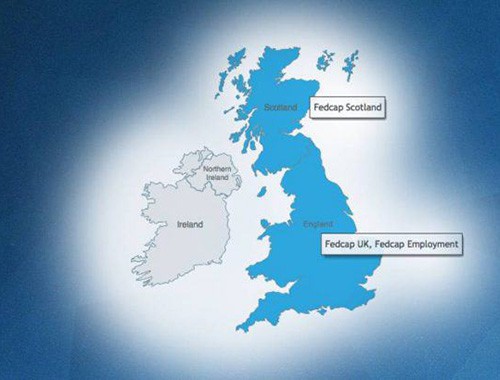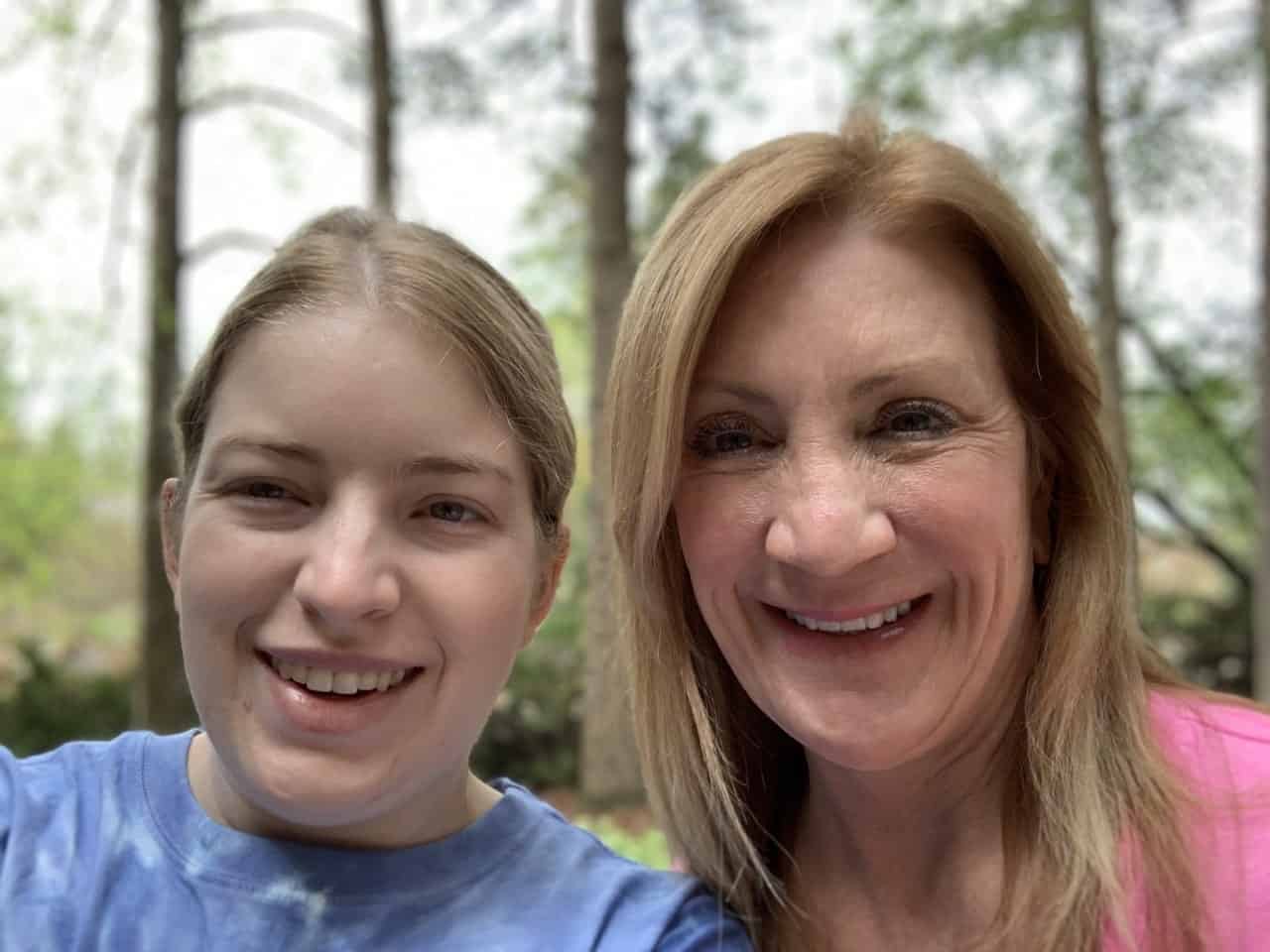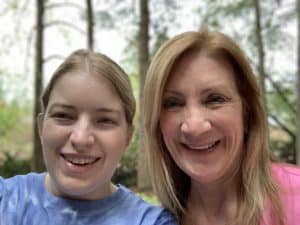The Courage to Change Course

July 6, 2021
“Courage is the most important of all the virtues because without courage, you can’t practice any other virtue consistently.”
― Maya Angelou
In the Spring of 2021 McKinsey launched their inaugural American Opportunity Survey that spotlights Americans’ views on economic opportunity, the obstacles they face, and the path ahead to create a more inclusive economy. Combining market-research and opinion-polling, they surveyed 25,000 Americans.
The findings, each worthy of an in-depth discussion include: the impact of the pandemic on optimism, existing inequalities, financial hardship, the barriers to accessing health care and childcare, the fear of rural Americans being left behind, and how gig economy and freelance workers prefer permanent employment.
One of the most interesting findings was that four in ten Americans are either enrolled or interested in pursuing training to advance a career change. Technology and artificial intelligence have significantly altered the very nature of work. This is weighing heavily on the minds of many Americans. People are becoming increasingly aware that reskilling is necessary to meet the qualifications for the jobs that will be available in the coming decades. The McKinsey Global Institute (MGI) estimates that 17 million US workers will need to change occupations, or jobs within the same occupation, over the next ten years. This trend disproportionately affects workers of color and those without college degrees. What I found encouraging from the survey was that nearly half of all respondents (49 percent) reported a willingness to change occupations if necessary to meet current and emerging employment demands.
People are expressing courage to step into the unknown to prepare for a future few of us fully understand. The self-doubt around this kind of change can be crippling, particularly for people with barriers. At The Fedcap Group, it is our job to help individuals walk through that fear and get to the other side.
An interesting article in Wharton Magazine written by executive coach Jennifer Chow Bevan advises that every action an individual takes to make a career change helps to quiet self-doubts and effect the desired result. She stresses that while we need to acknowledge people’s fears, we must also ensure that it doesn’t lead to emotional paralysis. We need to help people take the required steps to build their courage “muscle”.
This rings true for me.
The Fedcap Group is committed to helping people achieve long term economic wellbeing. To be effective in this mission, it means that we do several things well. First, we have to ensure that we are offering the right kind of training. Courses that are relevant to the realities of today’s job market. Courses that hold promise for career growth. The trends in technology and automation were the drivers behind our relatively recent combinations with Apex Technical School and Civic Hall—two dynamic organizations committed to elevating people’s skills and marketability.
Next, we have to be present and authentic as we help people face the fears that accompany this new learning and risk taking. This is where we must demonstrate the humanity of our mission. Changing course is never easy, it is fraught with “what ifs” that can be immobilizing. When hiring people to work in our field, we need to recruit individuals who are both caring and competent—who have both intellect and the ability to inspire, those who have patience and can see possibility.
As always, I welcome your thoughts.
6 julio 2021
El Coraje de Cambiar el Rumbo
“El coraje es la más importante de todas las virtudes, porque sin valor, no se puede practicar ninguna otra virtud consistentemente”.
– Maya Angelou
En la primavera de 2021, McKinsey lanzó su encuesta inaugural American Opportunity Survey que destacaba las opiniones de los estadounidenses sobre las oportunidades económicas, los obstáculos que enfrentan y el camino a seguir para crear una economía más incluyente. Combinando la investigación de mercado y las encuestas de opinión; encuestaron a 25,000 estadounidenses.
Los hallazgos, cada uno digno de una discusión en profundidad, incluían: el impacto de la pandemia en el optimismo, las desigualdades existentes, las dificultades financieras, las barreras para acceder tanto a la atención médica como al cuidado infantil, el miedo a que los campesinos estadounidenses se quedaran atrás, y así cómo la economía independiente y que los trabajadores temporales preferían el empleo permanente.
Uno de los hallazgos más interesantes, fue que cada cuatro de diez estadounidenses estaban inscritos o interesados en seguir un entrenamiento para avanzar en un cambio de carrera. La tecnología y la inteligencia artificial han alterado significativamente la naturaleza misma del trabajo. Esto está pesando mucho en las mentes de muchos estadounidenses. La gente es cada vez más consciente de que la recapacitación es necesaria para cumplir con las calificaciones para los puestos de trabajo que estarán disponibles en las próximas décadas. El McKinsey Global Institute (MGI) estima que 17 millones de trabajadores estadounidenses necesitarán cambiar de ocupación, o de trabajos dentro de la misma ocupación, en los próximos diez años. Esta tendencia afectará desproporcionadamente a los trabajadores de color y a aquellos sin títulos universitarios. Lo que me pareció alentador de la encuesta fue que casi la mitad de todos los encuestados (49 por ciento) informaron su voluntad de cambiar de ocupación, si es necesario para satisfacer las demandas actuales y emergentes de empleo.
La gente está expresando valor para entrar en lo desconocido para prepararse para un futuro que pocos de nosotros entendemos completamente. El dudar de uno mismo/a en torno a este tipo de cambio puede ser paralizante, particularmente para las personas con cualquier tipo de barreras. En The Fedcap Group, es nuestro trabajo es ayudar a las personas a navegar a través de ese miedo y llegar al otro lado.
Un artículo interesante en Wharton Magazine escrito por la entrenadora ejecutiva Jennifer Chow Bevan; aconseja que cada acción que un individuo tome para hacer un cambio de carrera; ayuda a calmar las dudas de uno mismo/a y producir el resultado deseado. Subraya que si bien tenemos que reconocer los miedos de las personas, también debemos asegurarnos de que no conduzca a una parálisis emocional. Tenemos que ayudar a las personas a tomar las medidas necesarias para construir el “músculo” del valor.
Esto Me Suena Cierto.
The Grupo Fedcap se compromete a ayudar a las personas a lograr el bienestar económico a largo plazo. Para ser eficaces en esta misión; significa que hacemos varias cosas bien. En primer lugar, tenemos que asegurarnos de que ofrecemos el tipo adecuado de capacitación. Cursos que son relevantes para las realidades del mercado laboral actual. Cursos que son prometedores para el crecimiento profesional. Las tendencias en tecnología y automatización fueron las impulsoras detrás de nuestras combinaciones relativamente recientes con Apex Technical School y Civic Hall; dos organizaciones dinámicas comprometidas a elevar las capacidades y la comercialización de las personas.
A continuación, tenemos que estar presentes y ser auténticos mientras ayudamos a las personas tanto a enfrentar los miedos que acompañan a este nuevo aprendizaje como la toma de riesgos. Aquí es donde debemos demostrar la humanidad de nuestra misión. Cambiar de rumbo nunca es fácil, está plagado de “qué pasaría si” que pueden ser paralizantes. Al contratar a personas para trabajar en nuestro campo; necesitamos reclutar a personas que sean a la vez cuidadosos y competentes; que tengan tanto intelecto como la capacidad de inspirar a aquellos que tengan paciencia y puedan ver una posibilidad.
Como siempre, espero sus comentarios.



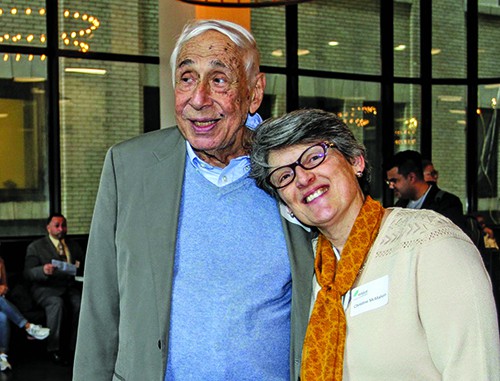
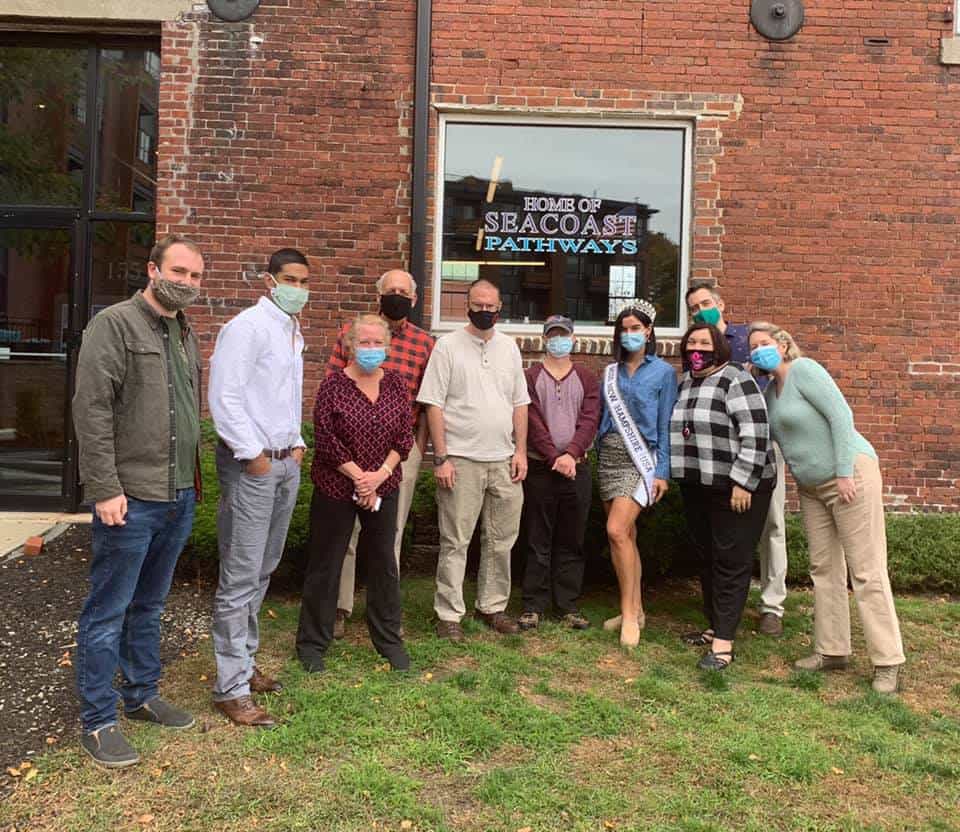
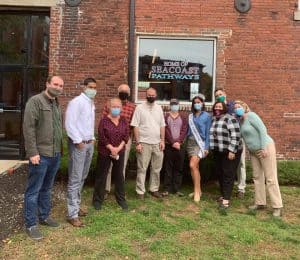 Seacoast Pathways volunteer Joe Hill writes for Portsmouth Patch on the Clubhouse model for recovery groups, and how it is a key to recovery for its members. Seacoast Pathways offers any adult with a referred mental illness free membership to its clubhouse. For further info email
Seacoast Pathways volunteer Joe Hill writes for Portsmouth Patch on the Clubhouse model for recovery groups, and how it is a key to recovery for its members. Seacoast Pathways offers any adult with a referred mental illness free membership to its clubhouse. For further info email 
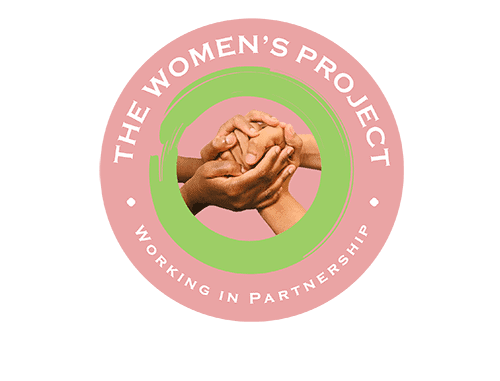
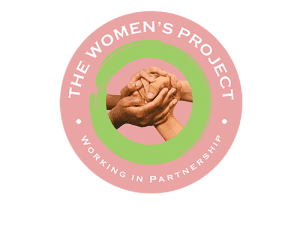 The Women’s Project (TWP) is a community whose collective work serves as an alternative to pre-trial detention and incarceration. Born out of conversations seeking ways to permanently decrease the number of women detained in city jails and state prisons, it is part of a larger partnership between Wildcat/The Fedcap Group, public defenders, and district attorney offices in Manhattan, Brooklyn and the Bronx.
The Women’s Project (TWP) is a community whose collective work serves as an alternative to pre-trial detention and incarceration. Born out of conversations seeking ways to permanently decrease the number of women detained in city jails and state prisons, it is part of a larger partnership between Wildcat/The Fedcap Group, public defenders, and district attorney offices in Manhattan, Brooklyn and the Bronx.